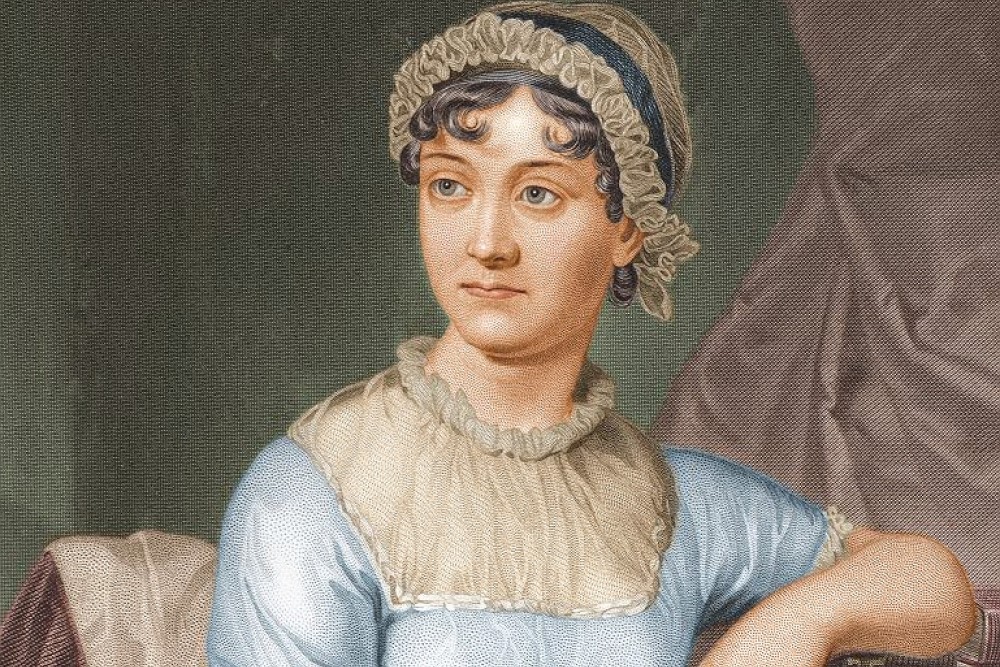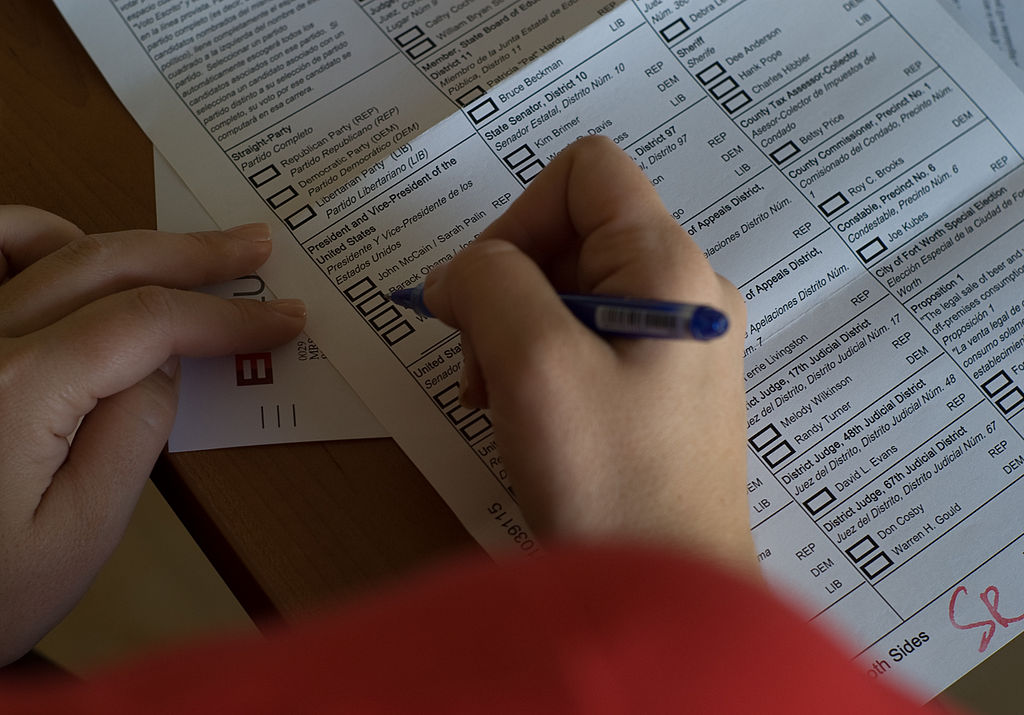Today, I woke up in a soft bed in a heated apartment. I got up and made full use of the miracle of indoor plumbing before moving on to breakfast. Pouring myself a bowl of vitamin-enriched cereal and milk (previously delivered to my doorstep) I had to admit it: modern life is good.
Opening up my laptop, my gratitude for modernity diminished as quickly as my browser tabs multiplied. Our phones and laptops are not just tools. They are portals to another world — a relentless world of news, opinion, and entertainment. We’re living through the age of information overload. On average, we now consume 174 newspapers worth of information each day. “I’ve processed more information in the last 48 hours than a medieval peasant would in a lifetime,” reads a well-liked tweet.
And yet, amid this tsunami of information, we seem to have less certainty than ever. Controversy and discord reign. There is little agreement about basic facts, let alone about what is to be done. Is it time to lift COVID-19 restrictions yet? Is American democracy at risk of failure? Are plastics killing us? Should we allow genetically modified foods? Will climate change be simply bad or disastrous? I have my opinions, and I’m sure you have yours, but do any of us know the answers to any of these questions with certainty?
As well as uncertainty about the facts, we continually find ourselves facing moral uncertainty. Moral theories and views divide both public and philosophical opinions. They defy consensus. Is euthanasia morally permissible? Is abortion? Eating meat? Amid our unprecedented access to a wide range of moral arguments and views, all competing for our allegiance, we are left to come to our own moral conclusions. If we are being brutally honest with ourselves, we probably aren’t absolutely certain about all of our moral views.
In these conditions, moral uncertainty is the norm. But, as the Samuel Beckett line goes, “You must go on.” Even if you don’t know for sure what the right moral view is, reality refuses to stop the clock to let you figure it out. You have to act one way or another, despite your moral uncertainty. Being uncertain doesn’t take you off the hook of moral responsibility. Neither does refusal to act. As climate change illustrates, refraining from taking decisions can be just as disastrous as making the wrong decisions.
So, how can you go on under these conditions of moral uncertainty? Let’s take a concrete example. What if you think eating meat is morally permissible, but you’re not totally sure? If you’re willing to admit there’s some chance you could be wrong about the morality of vegetarianism, what should you do? Keep eating meat? Or give it up?
The philosopher William MacAskill argues that if you are morally uncertain about vegetarianism, you should give up eating meat. In fact, even if you think there’s only a 10% chance that vegetarianism is the right moral view, you should still give up meat.
MacAskill thinks there’s an asymmetry in the moral risks you’re running. “If you eat veggie and eating meat is permissible, well, you’ve only lost out on a bit of pleasure,” says MacAskill, “But if you eat meat and eating meat is impermissible, you’ve done something very wrong.” Maybe you should give up a bit of pleasure to avoid the risk of doing something really morally terrible, even if the probability that you would be doing something really morally terrible is relatively low. “The morally safe option,” claims MacAskill, “is to eat vegetarian.”
We can apply MacAskill’s approach to other problems where we face moral uncertainty. Peter Singer famously argued that failing to donate money to help alleviate suffering in the developing world is just as morally wrong as letting a child drown in front of you. Most of us seem to think that Singer’s moral claims are too strong; we don’t think we are morally obligated to donate to charities, even if we think it is morally good – beyond what we are obligated to do – to donate. However, it seems at least possible that Singer is right. If he is right, then not giving any money would be very wrong, as wrong as letting a child drown. But if Singer is wrong, then all I’d lose by donating is a bit of money. Given the moral risk, the appropriate choice seems to be to donate some money to charity.
These two cases might make MacAskill’s approach look appealing. But it can also get strange. Imagine you really want to have a child. You are near-certain that having a child is morally permissible. In fact, you think having a child, bringing a happy person into the world, would be a serious moral good. You also think there’s a tiny (less than one percent) chance that anti-natalism is true. According to the version of anti-natalism you’re considering, by having a child you’re doing something morally terrible — bringing into existence a chain of human suffering that will continue for millennia. If anti-natalism says that having a child is morally wrong enough, then it would be less morally risky for you to simply not have a child. But should you really not have a child in such a case? Even though you believe with near-certainty that doing so would be a morally good thing? That seems like a strange conclusion.
The ethicists Johan Gustafsson and Olle Torpman give an alternative framework for thinking about how we should act under moral uncertainty. When we think of good, moral people, we generally think they are conscientious; they are typically true to what they believe is right. To put it another way, we think that a moral, conscientious person won’t do what they sincerely believe to be wrong. In the child example, your sincere, near-certain belief is that it is permissible, perhaps even a good thing, to have a child. MacAskill’s approach to dealing with moral uncertainty seems to say you ought not to have a child. But how can a moral theory that you don’t believe in matter more than the one you do believe in? For these reasons, Gustafsson and Torpman propose a much simpler approach: act in accordance with the moral view that you are most confident in. In this case, that would mean you should have the child that you want.
This simpler approach to dealing with moral uncertainty might seem straightforward and convincing. But I invite the reader to go back and apply Gustafsson and Torpman’s approach to the two cases discussed earlier, of charity and vegetarianism. Arguably, their approach gives less convincing advice in these cases.
How we should act given moral uncertainty is an important question for the discordant moment in which we are living. Whether we have the correct answer to this question remains far from clear.



